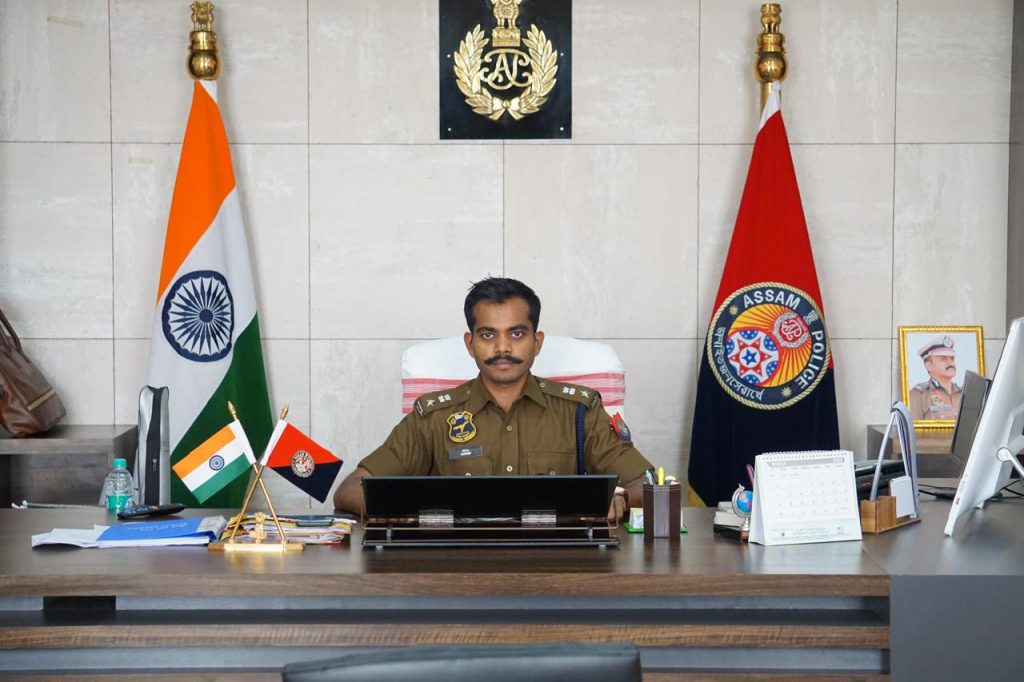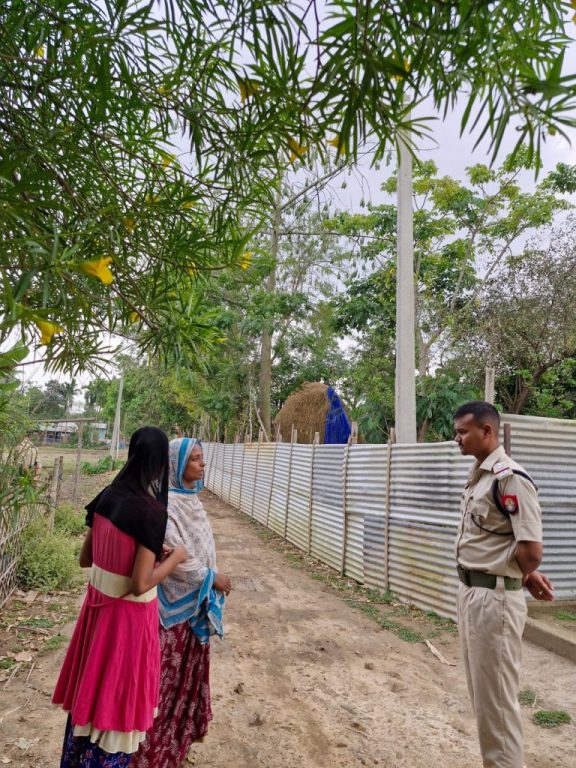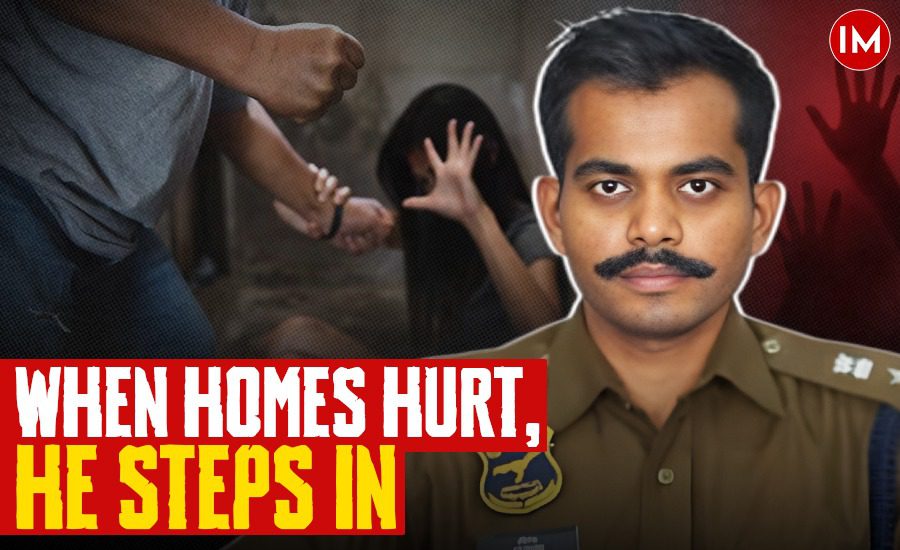In a district often weighed down by silence and stigma, IPS Saurabh Gupta is giving a voice to the voiceless. A 2018-batch officer of the Assam-Meghalaya cadre, Saurabh Gupta, currently serves as the Superintendent of Police in Hojai, Assam. But he is more than just a uniformed enforcer of law; he is a ray of sunshine for victims of domestic violence and matrimonial disputes, navigating the grey zones of family conflict with sensitivity, strategy, and social empathy.
“We have initiated several projects in the district to ensure that justice is delivered effectively,” he shared with Indian Masterminds, a quiet but determined officer on a mission.
WHY DOMESTIC VIOLENCE? THE UNSEEN CRISIS
Unlike conventional crimes, domestic violence doesn’t always scream from police registers. It often whispers behind closed doors, disguised as ‘normal’ in many households. For Gupta, the tipping point came when he realized just how many such cases were being reported in Hojai and how little relief the victims received in time.
“The biggest problem victims face is the delay in relief,” he explains. “Even when protection orders are granted by the courts, they often take too long to be enforced, and by then the damage is already done.”
Moreover, he emphasizes that not every case qualifies as a criminal offence, limiting the police’s legal scope. But Gupta didn’t let these limitations turn into excuses.

CREATING A NEW MODEL
Realizing that a rigid criminal justice approach wouldn’t suffice, Gupta introduced a hybrid model – part legal, part social support. His vision birthed a dedicated Domestic Violence Cell at the district headquarters. This unit serves as the brain of the entire initiative – cataloguing complaints, monitoring vulnerable households, and maintaining a robust feedback system.
“We don’t wait for court orders alone. Our officers regularly visit the complainants’ homes. It sends a powerful message: someone is watching, someone cares.”
These routine visits are done by beat constables as part of their weekly patrols. Every vulnerable home, irrespective of whether a legal case exists, is included in the system, transforming police presence into psychological assurance.
A CULTURAL ISSUE, NOT JUST A CRIMINAL ONE
Gupta’s approach treats domestic violence not just as a legal failure but as a deep-rooted cultural phenomenon. He acknowledges that many women, especially in rural areas, do not recognize abuse unless it escalates severely. Small but harmful acts – verbal taunts, economic control, or even physical slaps – are often normalized.
“Many women don’t even see certain actions as ‘violence. So we work at the grassroots – sensitizing panchayat leaders, building societal awareness, and applying pressure on abusers without necessarily starting with arrests,” he told Indian Masterminds.
His team also shares lists of vulnerable households with village leaders, requesting their vigilance in ensuring no woman is thrown out of her matrimonial home, a common occurrence in rural Assam.

TECHNOLOGY AS A BACKBONE
A key enabler of this large-scale monitoring is technology. The Hojai police maintain a detailed database of all complaints, tracking the frequency of visits, status updates, and officer remarks. The digital records ensure nothing falls through the cracks.
“It’s not about how severe the complaint is,” Gupta says. “It’s about staying in touch. Just the knowledge that the police are aware and involved changes the behavior of potential abusers.”
This proactive engagement prevents further atrocities while the legal wheels slowly turn.
THE GRAY ZONE
Saurabh Gupta refuses to paint domestic conflicts in black and white. “Many women don’t want their husbands jailed; they just want the abuse to stop,” he observes. A rush to criminalize can sometimes push the victim further into isolation or force them to retract complaints.
“We’re not here to turn families into battlefields. We want to create room for correction, reflection, and – only when necessary – legal action.”
Only when a case crosses the threshold into cruelty or grievous assault does his team initiate formal prosecution under IPC Section 498A and the Domestic Violence Act. Even then, victims are guided with free legal aid through the District Legal Services Authority (DLSA).

A FRESH WAVE OF CHANGE IN HOJAI
What IPS Saurabh Gupta has launched in Hojai isn’t just a police initiative; it’s a quiet revolution. By mixing compassion with action, law with local wisdom, and prevention with punishment, he is redefining what justice looks like in domestic spaces.
In a world where most law enforcers stick to FIRs and raids, Gupta’s approach stands out for its nuance, humanity, and long-term vision.
“Locking people up isn’t always the answer,” he says with conviction. “But showing up, again and again, for someone who has been silenced – that can change everything.”
In Hojai, domestic violence is no longer invisible. Thanks to IPS Saurabh Gupta, justice now wears a familiar face and knocks on doors every week.

































